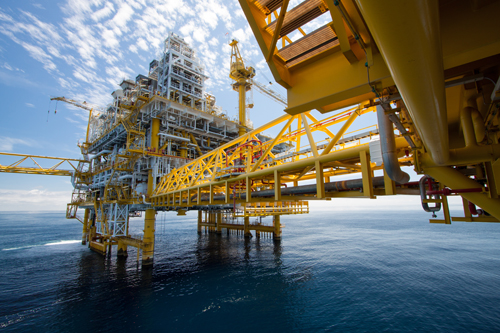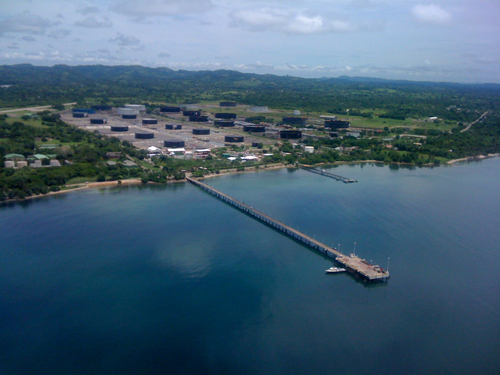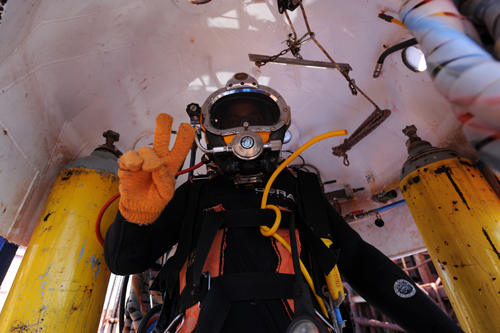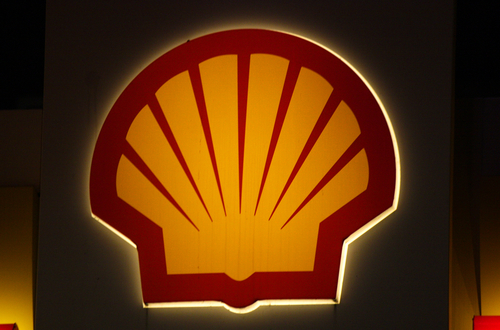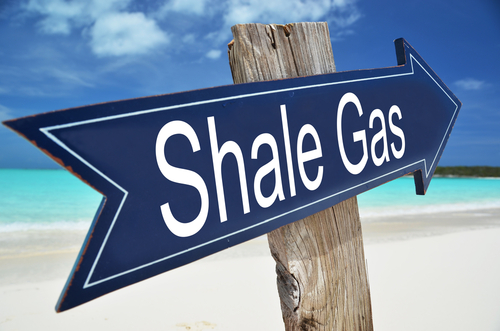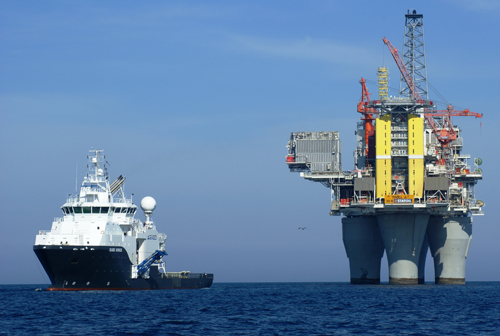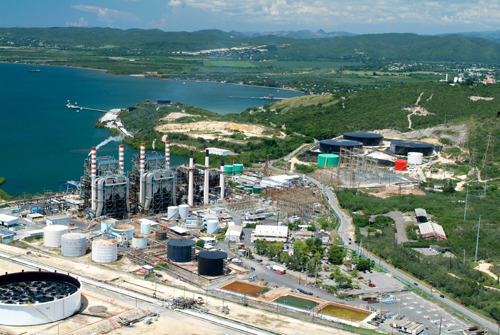
Located to the east of the Dominican Republic and to the west of the Virgin Islands, the Commonwealth of Puerto Rico is renowned for its exotic locations, white sandy beaches, mountains, valleys and various natural splendours. Classified by the World Bank as a high income economy and as the most competitive economy in Latin America by the World Economic Forum, it also boasts the highest GDP per capita of any other nation in the Caribbean.



 PREPA-Americas-Oil&Gas-Apr14-Bro-s.pdf
PREPA-Americas-Oil&Gas-Apr14-Bro-s.pdf